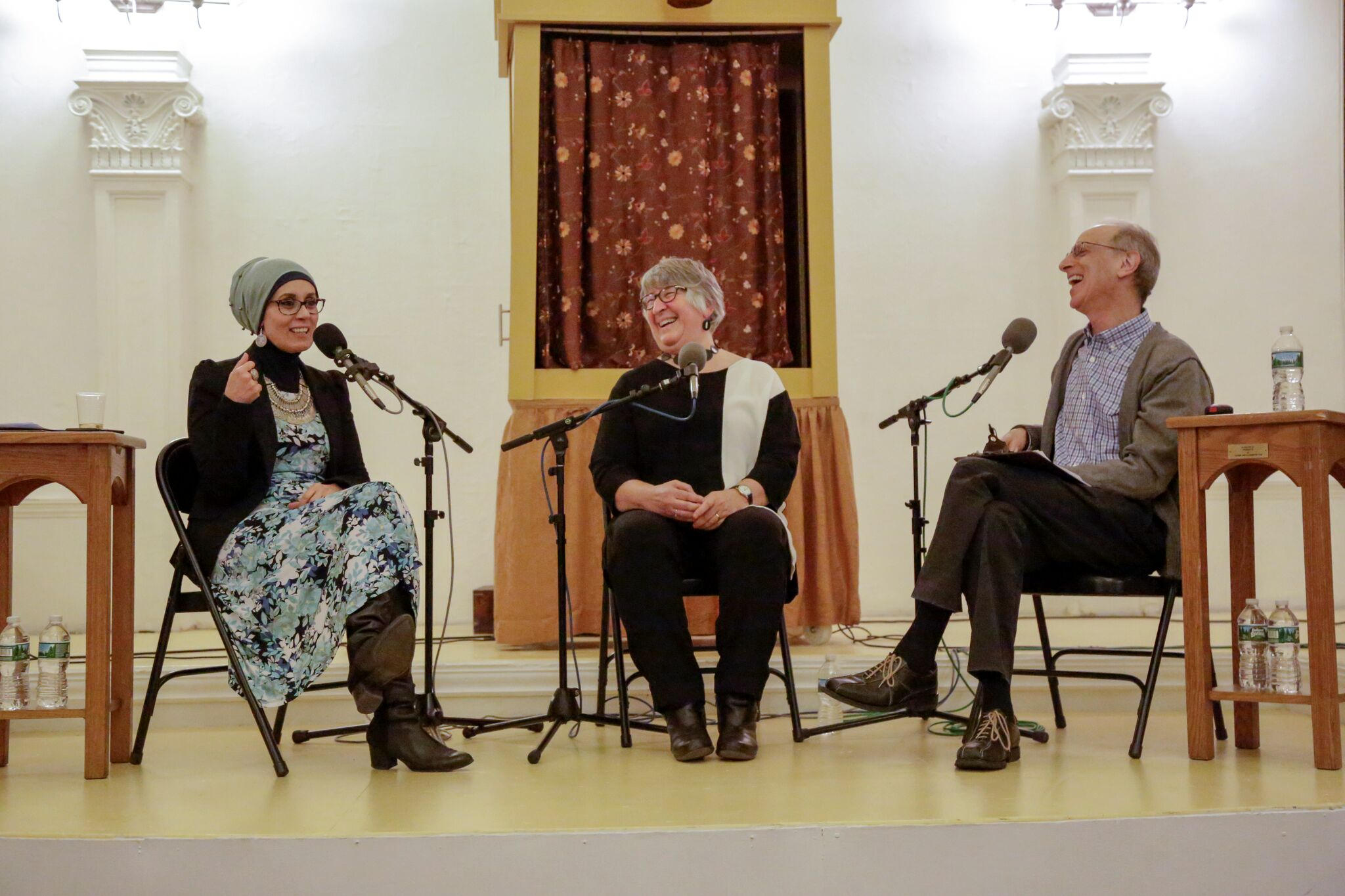In death, Qandeel Baloch has left a mark on Pakistani society. The Internet star, who rose to fame by posting scantily clad videos of herself, the so-called Pakistani Kim Kardashian, was drugged and strangled to death by her brother earlier this year. He murdered her as punishment for her increasingly bold videos and pictures and particularly a series of selfies she had taken with a prominent Muslim cleric.
Outcry over her murder pushed Pakistani lawmakers to finally pass two bills – the Anti-Rape and Anti-Honour Crime Bills – which will close the loophole allowing family members of honor killing victims to forgive the assailants. This provision had allowed many murderers to go free, because the majority of honor killings are carried out by family members of the victims. The murderers seek and usually receive forgiveness from another family member.
Under the revised law, those convicted of carrying out honor killings will receive a minimum of 25 years in prison. Victim’s families may no longer forgive the convicted, but may ask to downgrade death sentences to life imprisonment. This closes the honor killing loophole that has existed on the books for decades.
As writer and altM Advisory Board member Rafia Zakaria notes:
The particular nature of honour crime is that its architecture is essentially dependent on many more people than the perpetrator himself. . . A system of disincentives has to be created via which these communities, which believe themselves tainted and dishonoured, and hence justified in committing the crime, face collective consequences for their involvement. . . A possible life sentence for the murderer is an important step, but just one small portion of what must be a web of punitive measures.
While it may indeed be just one small portion of the measures needed to actually stop honor killings, the passage of these laws is an important step in the right direction for Pakistan and an amazing development for Pakistani women who have campaigned for these changes. International focus was already on Pakistan’s honor killing laws after Shireen Obaid Chinoy’s documentary about honor killings (“A Girl in the River”) received an Oscar. Prime Minister Nawaz Sharif had promised to review these laws after Chinoy’s Oscar win. However it was the murder of Qandeel Baloch that finally created this tipping point.
As Baloch wrote just months before her death: “I am trying to change the typical orthodox mindset of people who don’t wanna come out of their shells of false beliefs and old practices.”
Tragically, the greatest legacy Qandeel left behind is the passage of these laws, which may help to stop the tide of honor killings that take the lives of thousands of Pakistani women every year.





